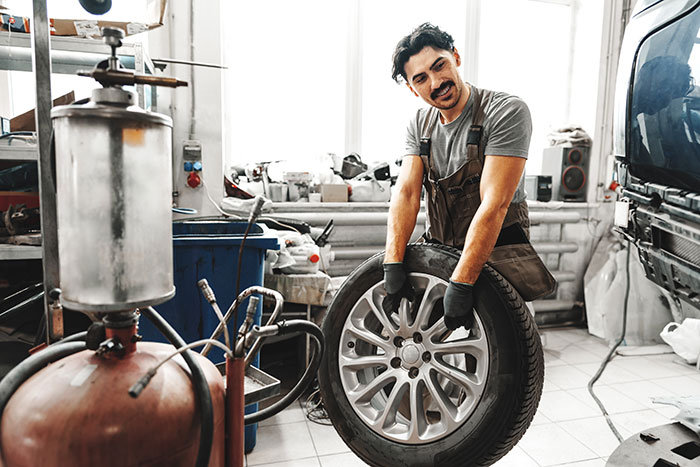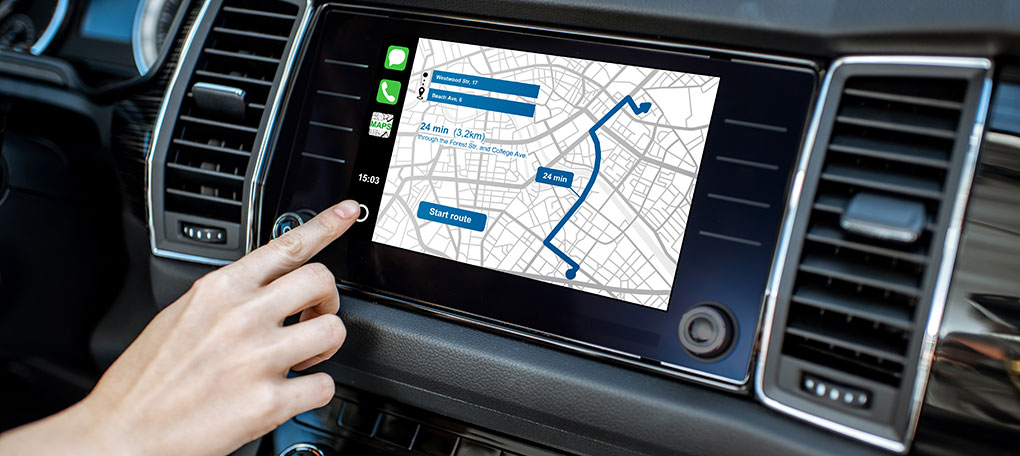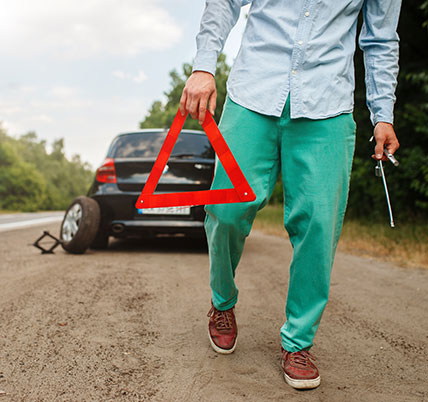- 18325 Kingsland Blvd, #1426, Houston, TX, 77094
- (346) 640-7141
- Mon-Fri 09:00 AM-06:00 PM | Sat.-Sun. 10:00 AM-03:00 PM
What to do before hitting the road with your car

Before hitting the road with your car, there are a few important things you should check to ensure a safe and enjoyable driving experience. In this article, we’ll explore some of the key steps you can take to prepare your car and yourself for the journey ahead.
Check Your Tires
One of the most important things to check before hitting the road is your tires. Make sure they are properly inflated and have enough tread depth. Driving with underinflated or worn-out tires can be dangerous and can also reduce your car’s fuel efficiency. You should also check your spare tire to make sure it’s in good condition and properly inflated.
Test Your Lights
Another important aspect of car safety is ensuring that all of your lights are working properly. Before setting off on your journey, check your headlights, taillights, turn signals, and brake lights to make sure they are all functioning correctly. This will help ensure that you are visible to other drivers on the road, especially at night or in low-light conditions.
Inspect Your Brakes
Your brakes are one of the most important safety features of your car, so it’s important to ensure that they are in good working condition before hitting the road. Check your brake pads and rotors for wear and tear, and listen for any unusual noises when you apply the brakes. If you notice any issues, it’s important to have them addressed by a qualified mechanic before starting your journey.
Plan Your Route
Before setting off on a long journey, it’s a good idea to plan your route in advance. This will help you avoid getting lost or stuck in traffic, and can also help you identify any potential hazards or road closures along the way. Use a GPS device or map to plan your route, and make sure to check for any construction or roadwork that may impact your journey.

Pack an Emergency Kit
Even if you’ve checked everything and planned your route carefully, unexpected situations can still arise on the road. To prepare for any emergencies, it’s a good idea to pack an emergency kit in your car. This should include items such as a first aid kit, flashlight, spare batteries, blanket, food and water, and a basic toolkit.
Take Breaks
Driving long distances can be tiring, and it’s important to take breaks to rest and recharge. Plan your journey to include regular stops, and take a break every couple of hours to stretch your legs and get some fresh air. This will help you stay alert and focused behind the wheel, and will also make your journey more enjoyable.
In conclusion, preparing your car and yourself before hitting the road can help ensure a safe and stress-free driving experience. By following these simple steps, you can help prevent accidents, reduce your risk of breakdowns, and arrive at your destination feeling refreshed and ready for your next adventure.
Pack an Emergency Kit
Even if you’ve checked everything and planned your route carefully, unexpected situations can still arise on the road. To prepare for any emergencies, it’s a good idea to pack an emergency kit in your car. This should include items such as a first aid kit, flashlight, spare batteries, blanket, food and water, and a basic toolkit.
Take Breaks
Driving long distances can be tiring, and it’s important to take breaks to rest and recharge. Plan your journey to include regular stops, and take a break every couple of hours to stretch your legs and get some fresh air. This will help you stay alert and focused behind the wheel, and will also make your journey more enjoyable.
In conclusion, preparing your car and yourself before hitting the road can help ensure a safe and stress-free driving experience. By following these simple steps, you can help prevent accidents, reduce your risk of breakdowns, and arrive at your destination feeling refreshed and ready for your next adventure.


